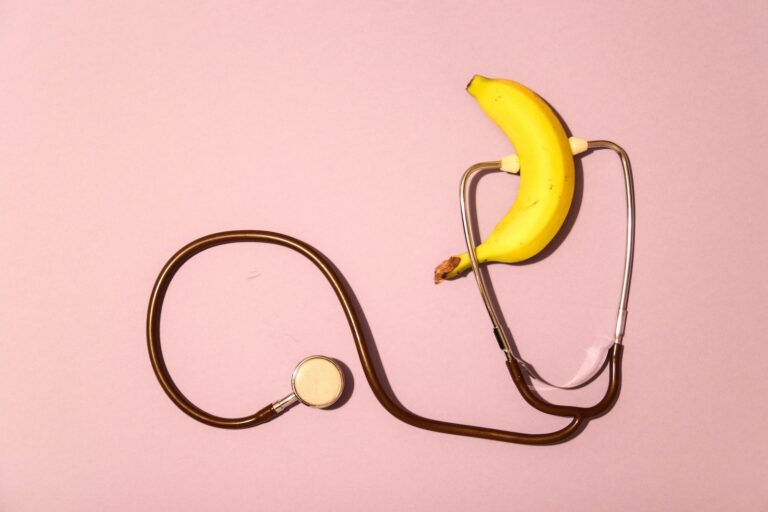Penile skin is often irritated by contact with soap, shower gel, laundry detergent, sweat and latex. Skin conditions like psoriasis or eczema may also trigger itching of the penis.
Using barrier methods during sexual activity, proper hygiene and getting regular medical checkups can help prevent many of the issues that cause penile irritation. Treatment options may include antifungal treatments, antibiotics or steroid ointments.
Causes
The penis is a very sensitive area and it can be affected by many conditions. Fungal infections are common and can cause itching in the genital region. Candida fungi that overgrow in the skin (similar to the fungus that causes a yeast infection) can lead to itching of the glans, foreskin, shaft and vulva. Some non-sexually transmitted bacterial and viral infections can also cause itching in the genital area. Men with psoriasis or eczema may develop itching in their genital areas as well.
Irritation and itching of the penis are often caused by a lack of proper hygiene or constant contact with chemicals or substances that irritate the skin. Itching can also be a sign of an infection or complication from certain diseases like diabetes or sexually transmitted infections.
A fungal infection or an allergic reaction may need special treatment from a doctor. These treatments may include antifungal medication or antihistamines. The patient may also need to change their daily habits and use different soaps, shower gels or condoms. In the case of an allergy, the person will need to identify what they are allergic to so they can avoid contact with that substance. The best way to avoid irritation and itching of the genital area is to maintain good personal hygiene and to wash the head and shaft of the penis with warm water daily.
Symptoms
Itching in the penis area can occur for a variety of reasons and is usually harmless, but it should be looked at by a doctor to avoid complications. Some of the common causes are STIs, bacterial infections and skin conditions. Symptoms may include a rash, discharge or blisters in addition to itching. Practicing safer hygiene and using protection during sexual activity can help prevent many of these conditions.
Genital itching in males may occur all over the glans or shaft of the penis and may be accompanied by pain, redness, swelling or a rash. A thick, white discharge may also accompany genital itching in men. The symptom can be caused by a number of conditions including a yeast infection, candidiasis, or scabies.
Other causes of itching in the glans or penis include a bacterial or viral infection such as genital warts, vaginal discharge, lichen planus, psoriasis or strong seborrhoeic dermatitis. Itching of the glans or penis may also be caused by a urinary tract infection, which is often accompanied by pain and swelling.
Itching of the penis foreskin is not usually worrisome and can be relieved with a number of home remedies and over the counter treatments. However, if itching is accompanied by a rash or discharge or occurs frequently, a doctor should be consulted to make sure that there is no serious condition present.
Treatment
Itching in the groin and penis can be embarrassing. It may also be a sign of sexually transmitted diseases or parasites that require medical attention. There are many treatments available depending on the underlying cause.
Viral infections like genital herpes, caused by the herpes simplex virus, and human papillomavirus (HPV), can cause itching in the groin and penis as well as other symptoms such as pain, blisters, and red sores. Yeast infections such as penile yeast infection (candidiasis) or eczema of the genital area can be treated with suppositories, anti-fungal creams, or oral antibiotics. Bacterial infections such as gonorrhoea, chlamydia, or syphilis may be treated with doxycycline or ciprofloxacin.
Non-sexually transmitted causes of itching include psoriasis, irritable bowel syndrome, and other dermatologic skin conditions. These can be treated with topical steroid creams or ointments, avoiding itching triggers, and keeping the skin moisturised.
Contact dermatitis is an itchy condition that can be triggered by a number of things, including soap, shower gel, detergents, sweat, latex, dietary allergies and more. Itching can be relieved by avoiding contact with the irritant, using special emollients and moisturisers, and bathing in cool or warm water with added bath salts. Some anecdotal evidence suggests that rubbing the itchy area with alcohol can improve the symptoms and reduce itching. Baking soda can also be used to treat a variety of ailments, such as penile itching and yeast infections.
Prevention
A number of conditions can cause itching of the genitals, including genital herpes, yeast infections (candidiasis or thrush), pubic lice and skin problems such as psoriasis or eczema. If you have these symptoms, it is important to see your GP as they can help identify the cause and prescribe treatment.
Yeast infections can be caused by a build-up of the candida yeast on the surface of the penis and urethra. This is normal and is not considered to be a sexually transmitted disease, but it can be uncomfortable. Treatment usually involves antifungal medication and steroid ointments which can reduce itching.
Itching of the genitals can also be a symptom of other sexually transmitted diseases such as chlamydia and gonorrhoea or infections such as scabies and lice. These infections may be treated with antibiotics or other medications. If you have these symptoms, you should visit your GP or local sexual health clinic for diagnosis and treatment.
Other causes of itching of the genital area include soaps, fragrances or latex which can irritate the skin. To avoid this, it is best to use natural or mild soaps and only clean the genital area lightly. It is also advisable to wear cotton-based underwear and not synthetic clothing. In addition, a salt bath or a cool compress can relieve irritation. A diluted solution of apple cider vinegar can also be used to reduce itching.
See Also:



